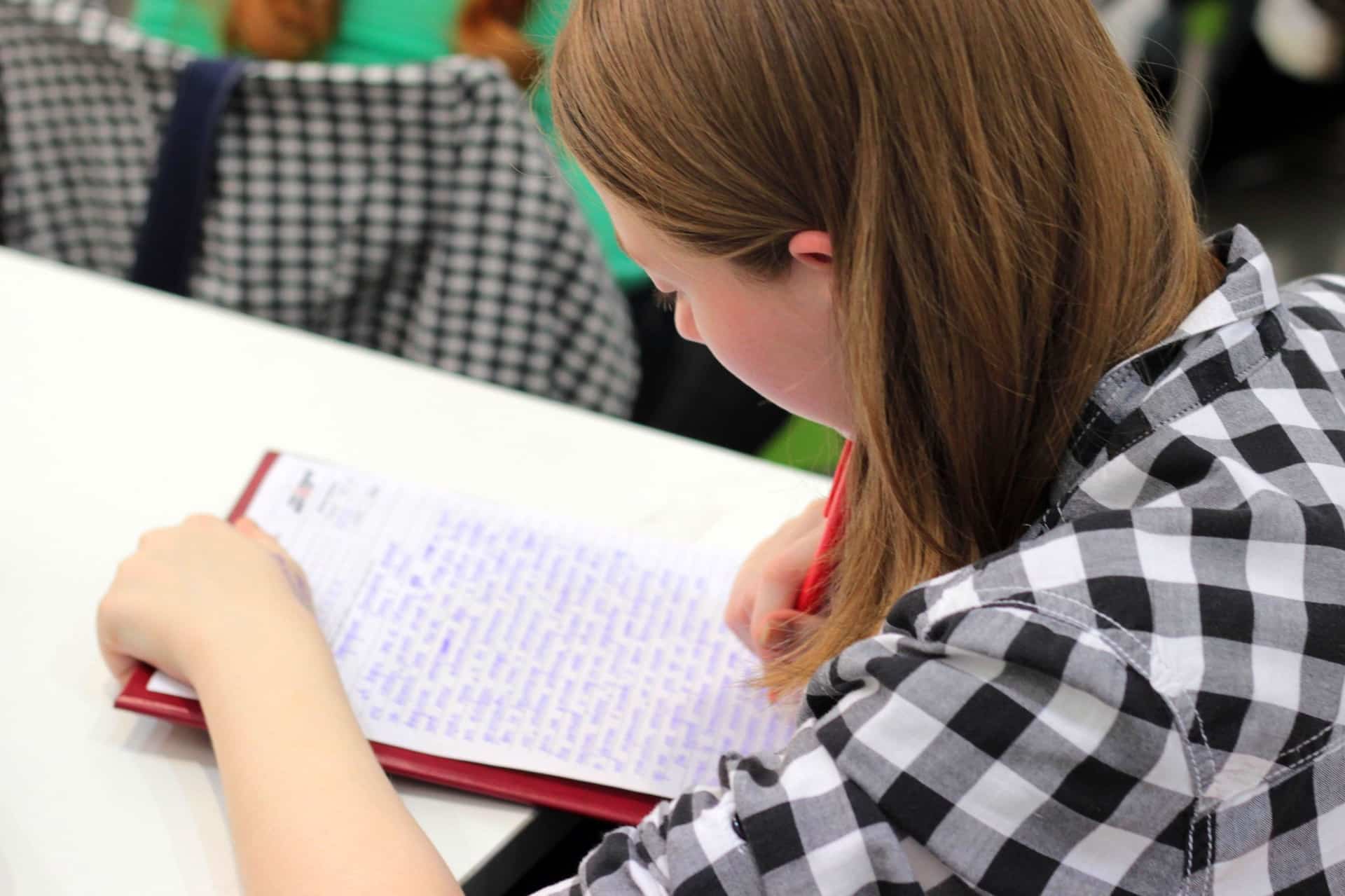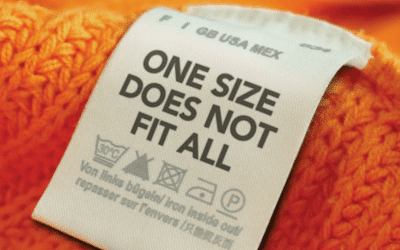“Why might mistakes be important to learning?”
Have a quick think about why this might be, then read more below.
Mistakes are Important. Really.
Wrong is the type of word most wouldn’t associate with any form of success while learning, but science suggests it may be the key to learning deeper and faster than ever before.
For most students, the word mistake is associated with “feeling dumb”, “not getting it” and embarrassment due to the potential of ridicule from teachers, parents and friends.
For parents, the word mistake is associated with anxiety over their children’s education and future.
So, it sounds almost counter intuitive that this blog post is telling you to embrace the thing that you usually avoid!
However, a recent study by researchers at the University of California, concluded that one of the keys to successful learning is to put yourself in challenging situations, fail, and then reflect on that failure.
They note that there could be a range of explanations for this, that may work separately or in tandem with each other.
The authors note that:
“unsuccessful retrieval might promote deep processing as well, initially of the question and information related to the question and then of the answer once the answer is presented. For example, when faced with the fictional question “What is the name of the sailor who took the first solo voyage around Cape Evergreen?” a participant might activate concepts related to sailing, self-reliance, cold weather, endurance, and other firsts (e.g., the first person to scale Mount Everest). The attempt to retrieve the answer may enhance the activation of these related concepts, which may, in turn, create a fertile context for encoding the answer when it is presented.”
Although it doesn’t seem like conventional wisdom, it does make sense.
Think about when you first learnt how to ride a bike. For me, it was a very awkward experience, which involved me speeding down hills with no sense of control, and falling off my bike in attempt to maintain balance. However, from failing and learning from that, my brain was able to adapt, adjust, and learn faster.
Putting this idea into a more practical context: when you next see a maths question in class you can’t do – don’t procrastinate from doing the question or just wait until the teacher explains it – try and figure it out yourself.
Often we get students coming to us who are too afraid to “get it wrong” that they often don’t try at all (which is an example of a self-sabotaging behaviour), or they just “want to know the answer” rather than using the tutor as a guide to help them genuinely understand the concept. If you can grasp the bigger picture, embrace challenges and mistakes, and put your efforts into learning from them, which is the key step here, then you will learn faster, and understand more information.
At the start of the article I asked you to think and answer the question, “why are mistakes important to learning?”The reason why I did this is to get you to think about the topic, and make you understand and remember your answer.
If you weren’t able to answer the question at the start, but gave it a go, then you will have understood more of the information in this article, than if there was no question at all.
So, in short, embracing mistakes will help your brain strengthen the connections it makes when you learn new information, enabling faster and deeper learning.




